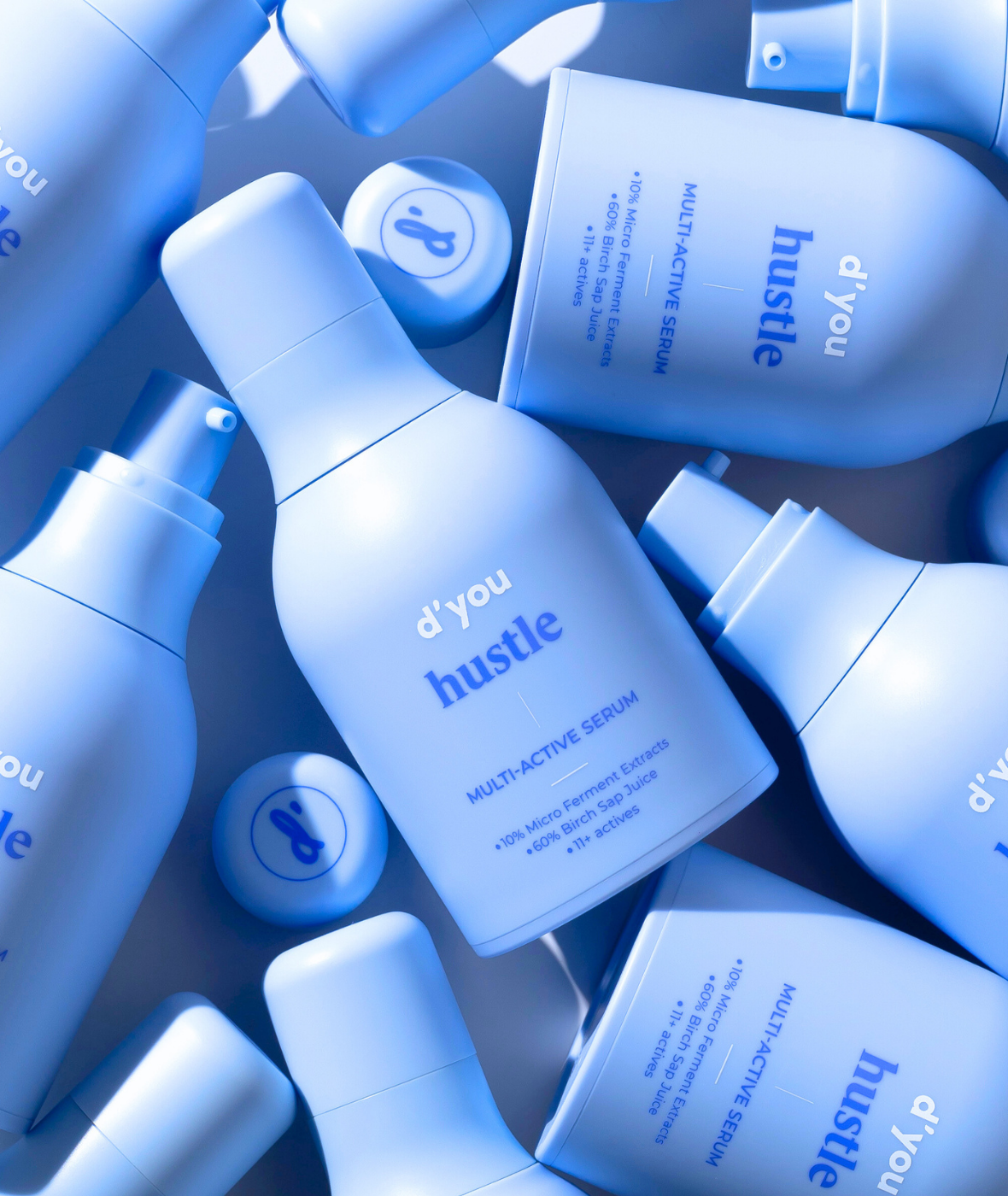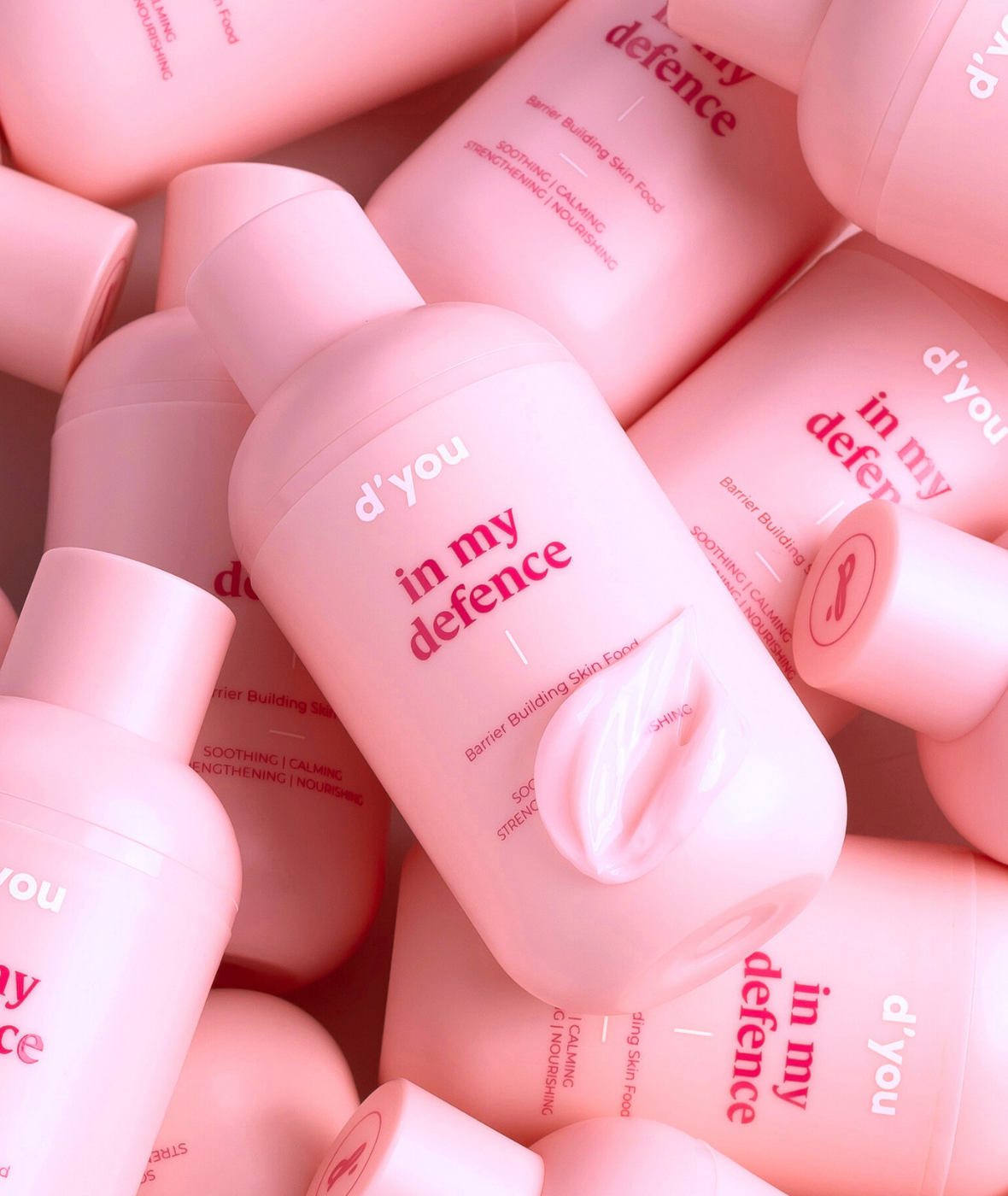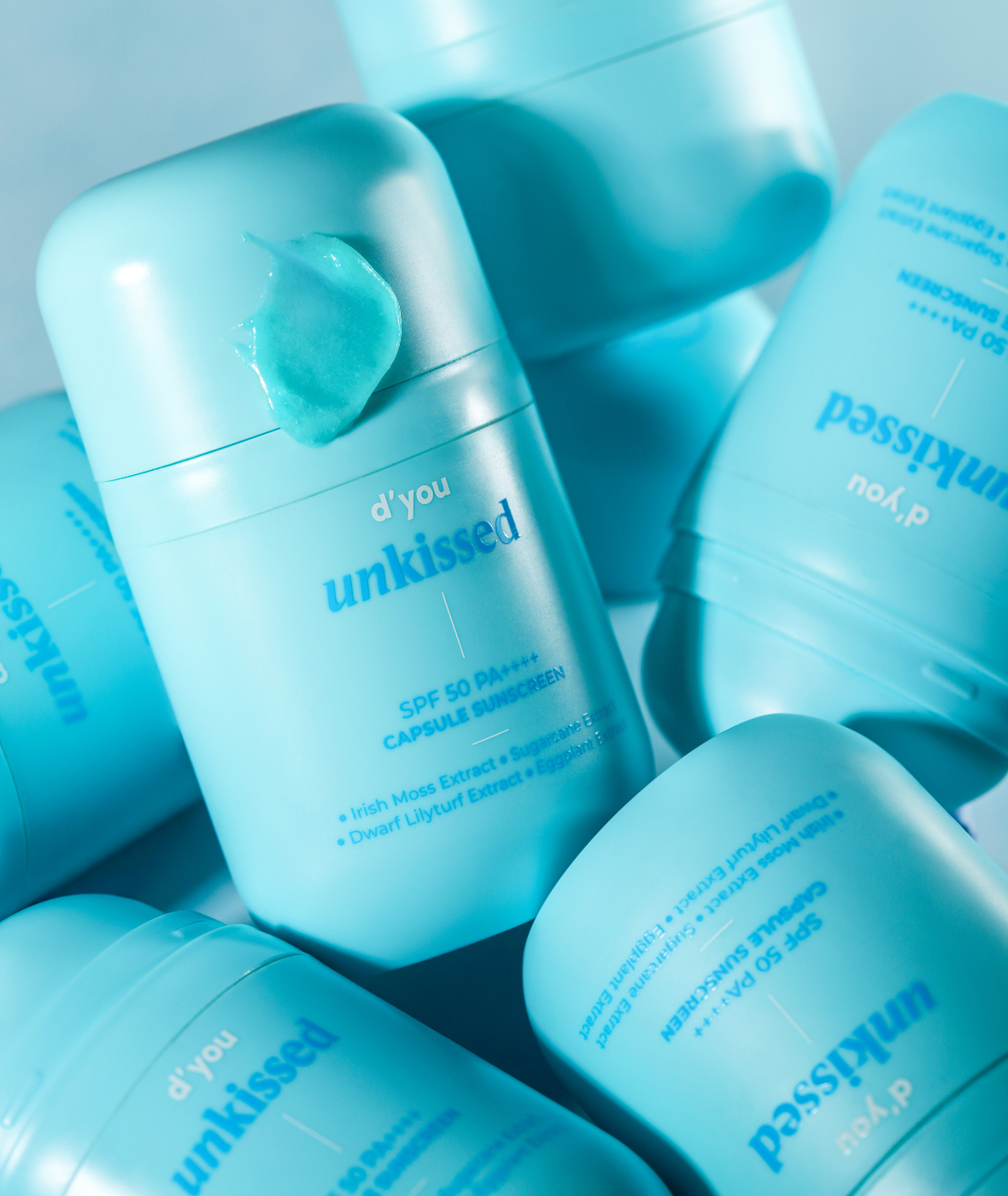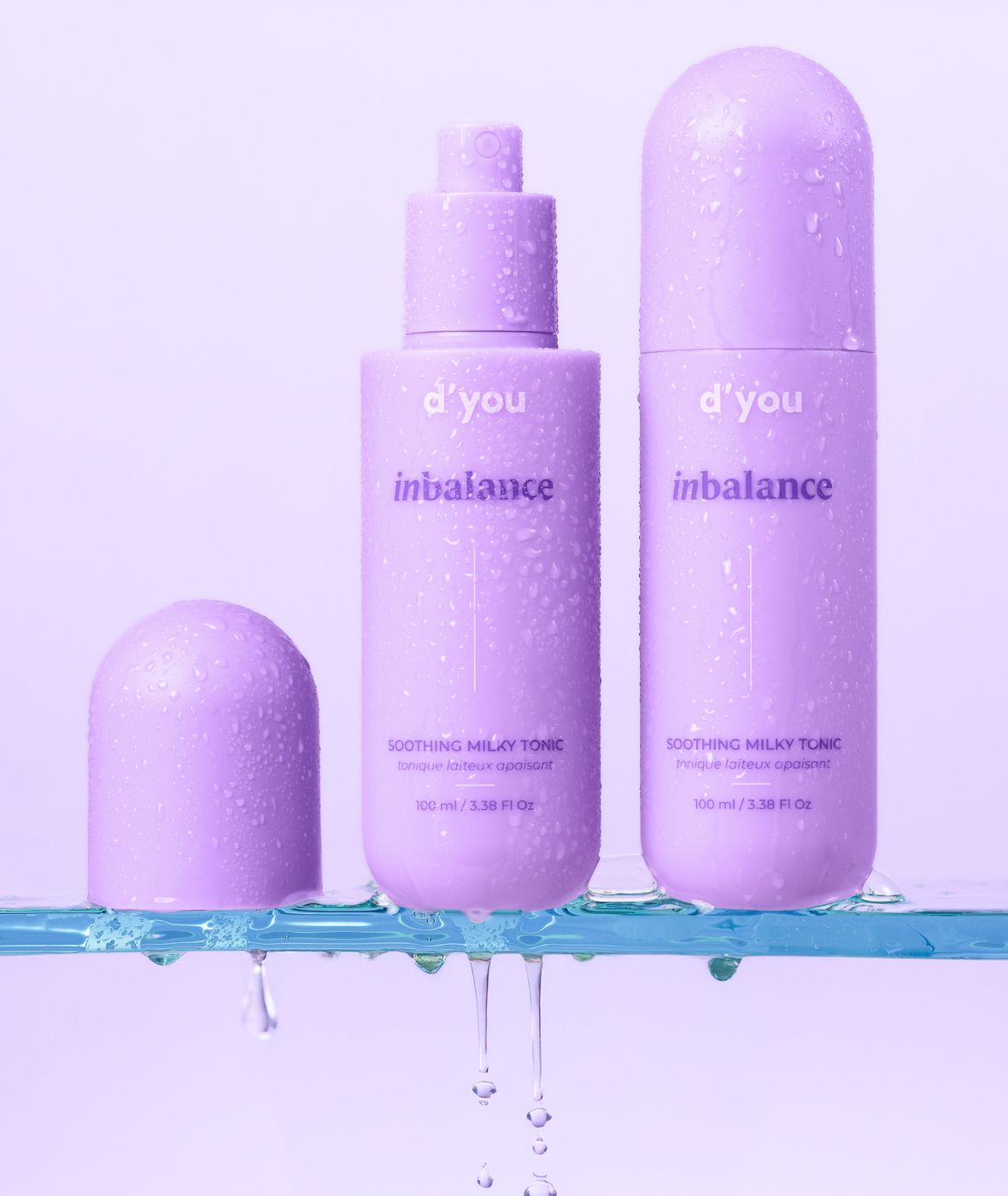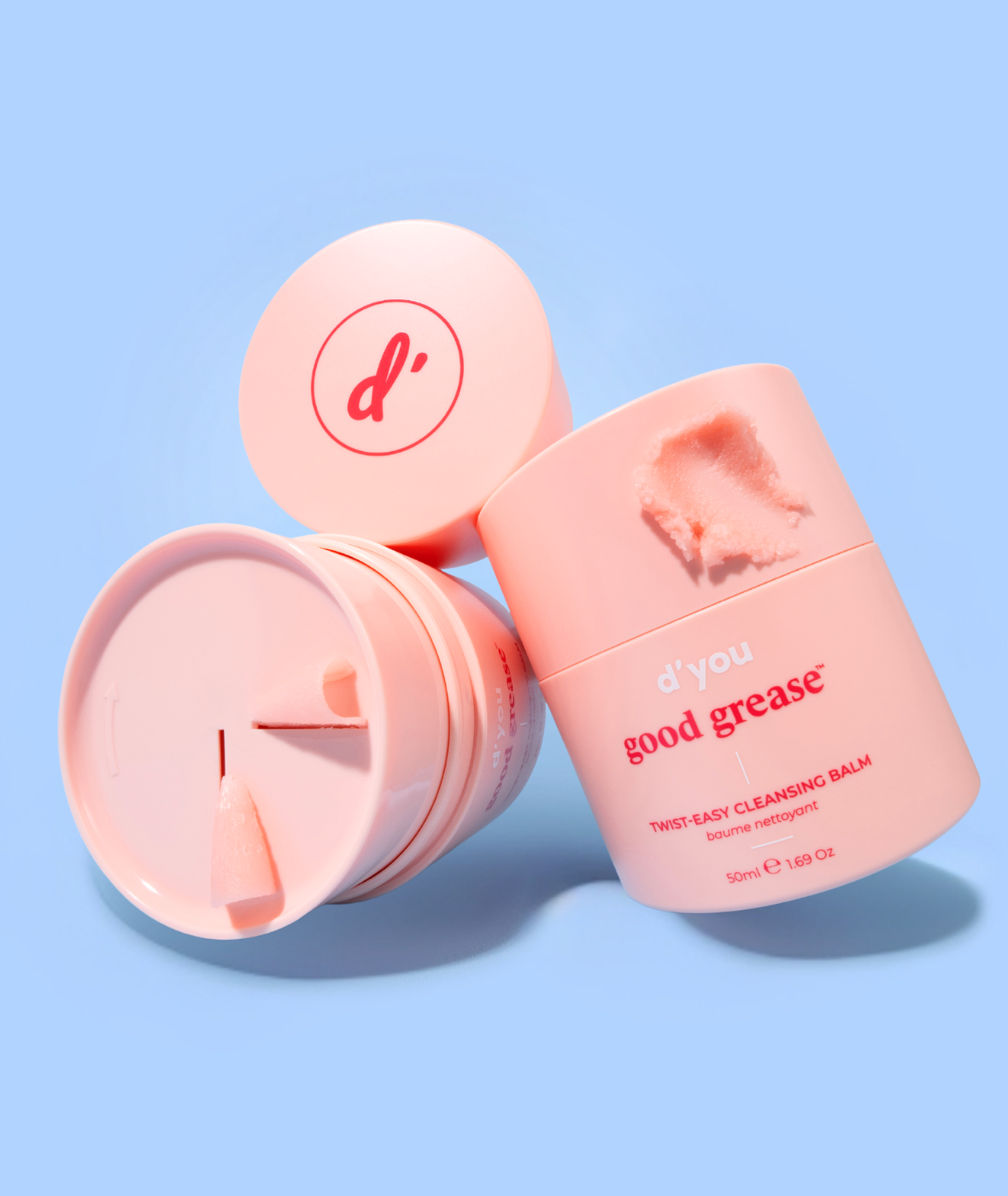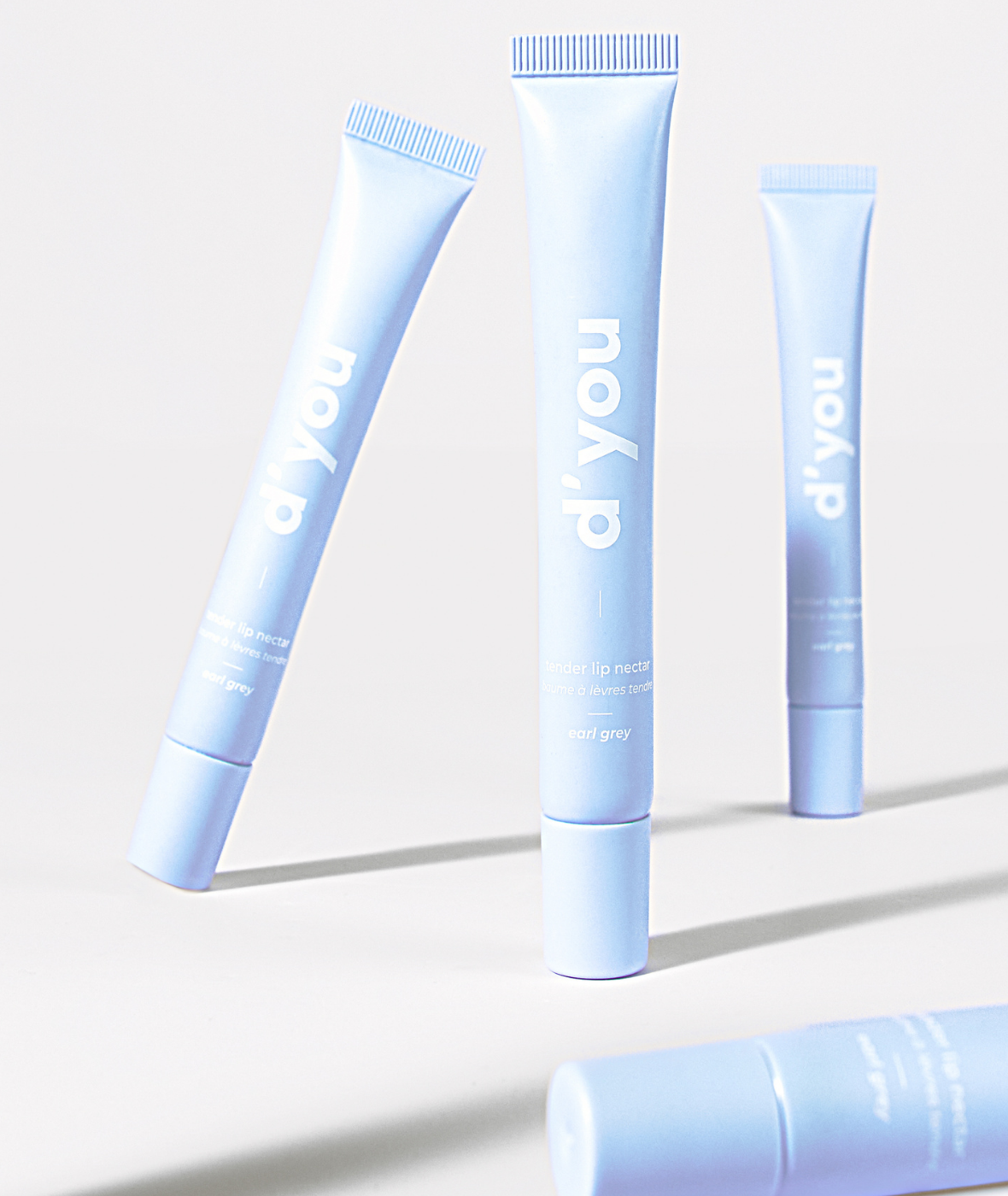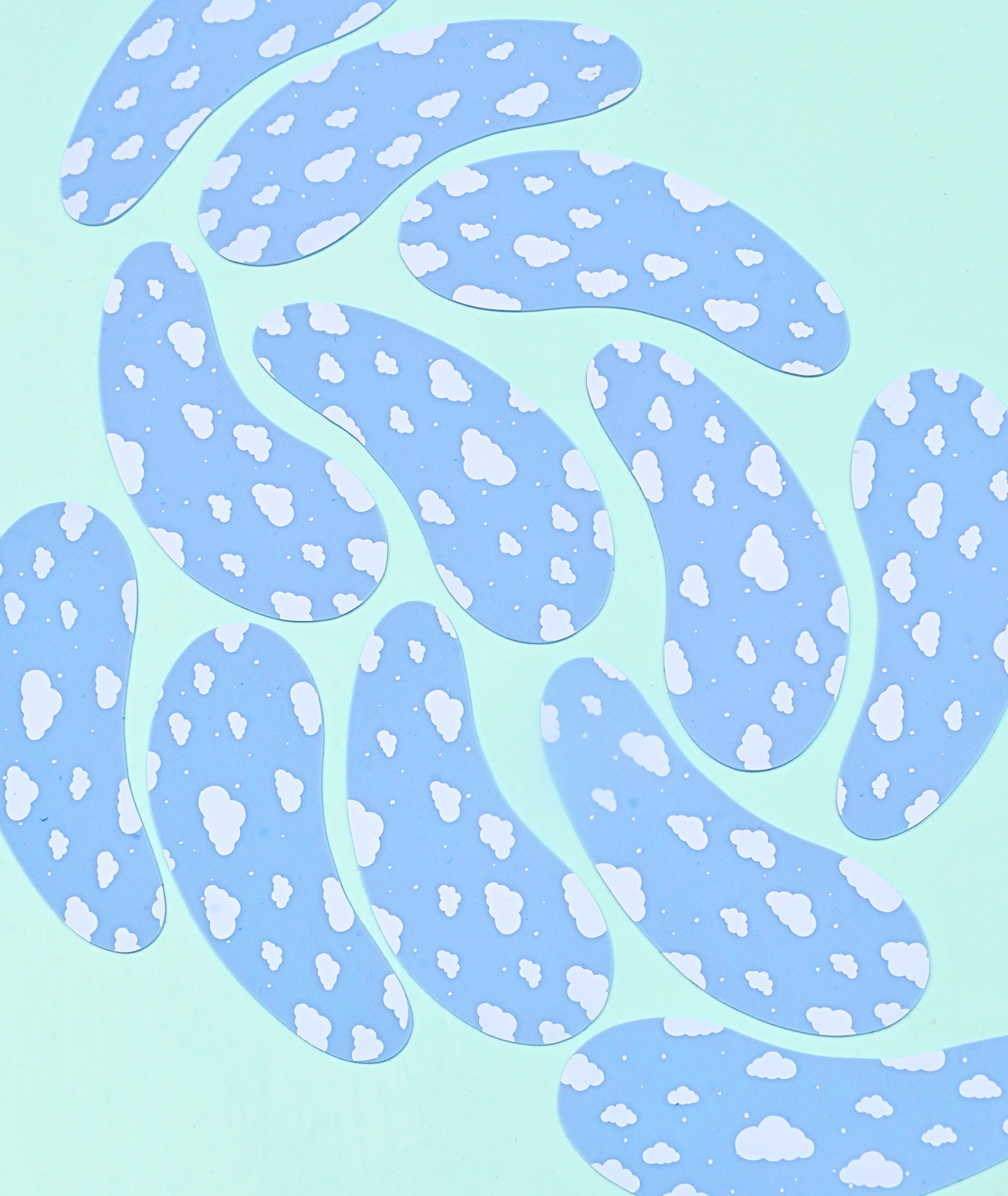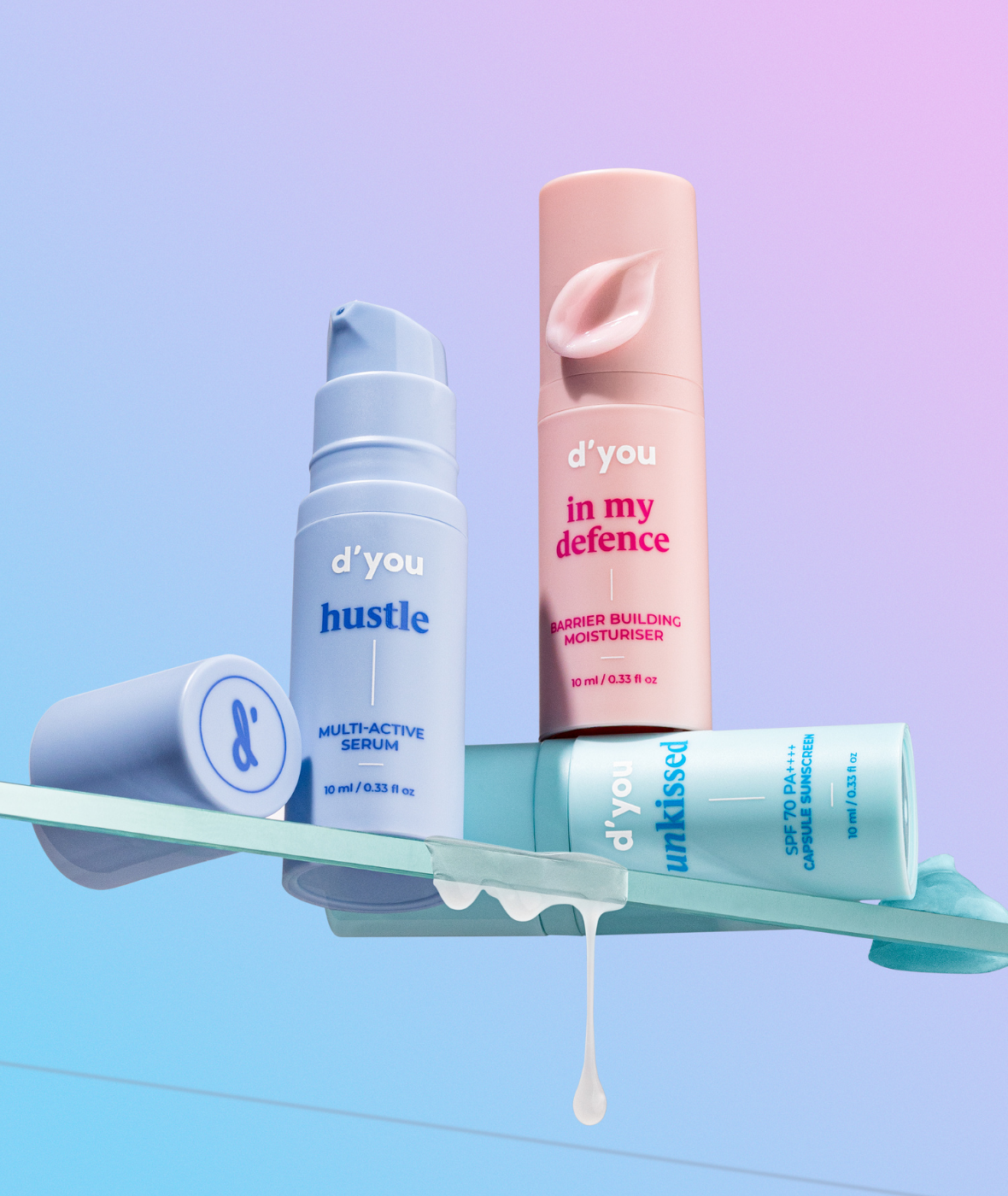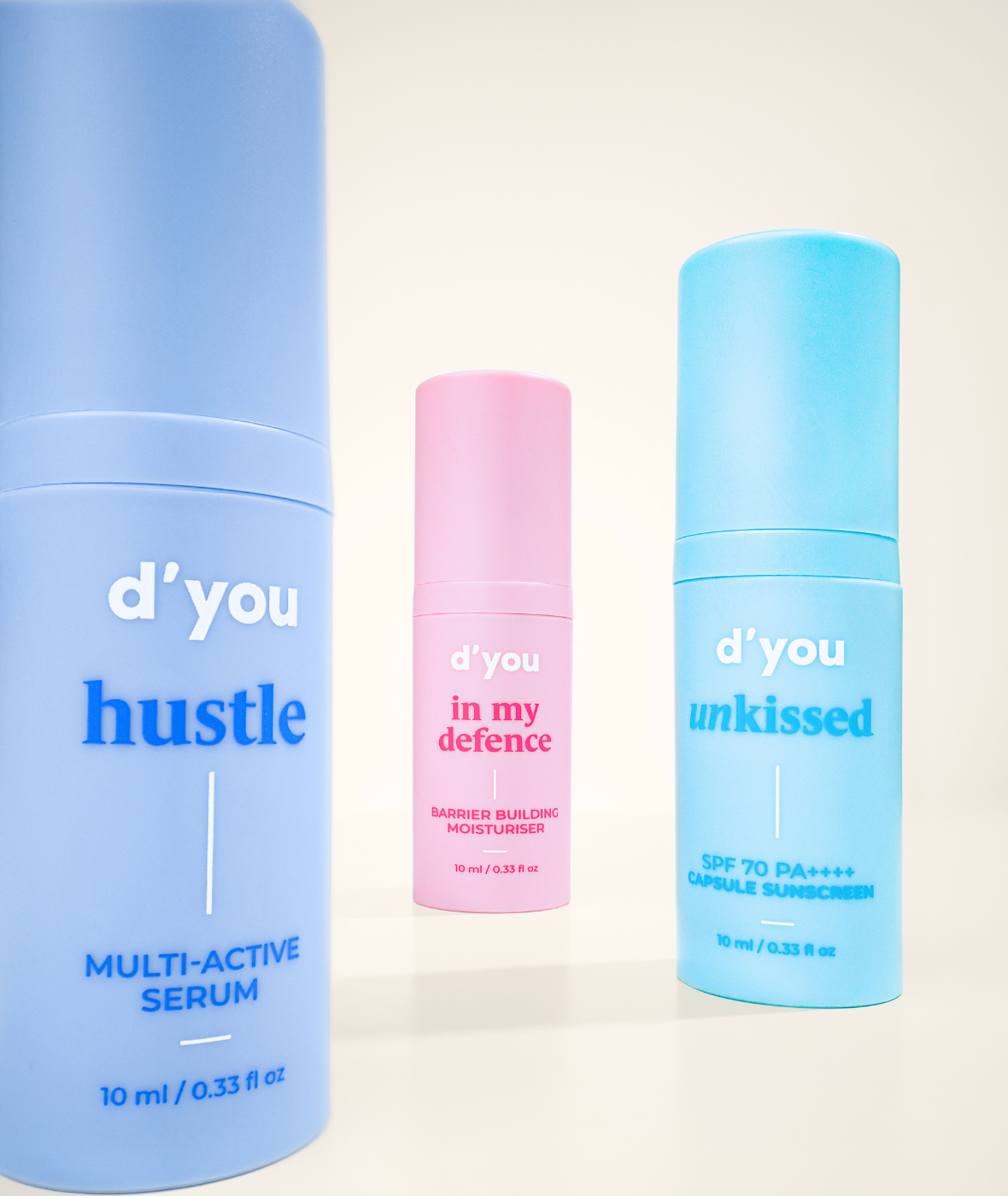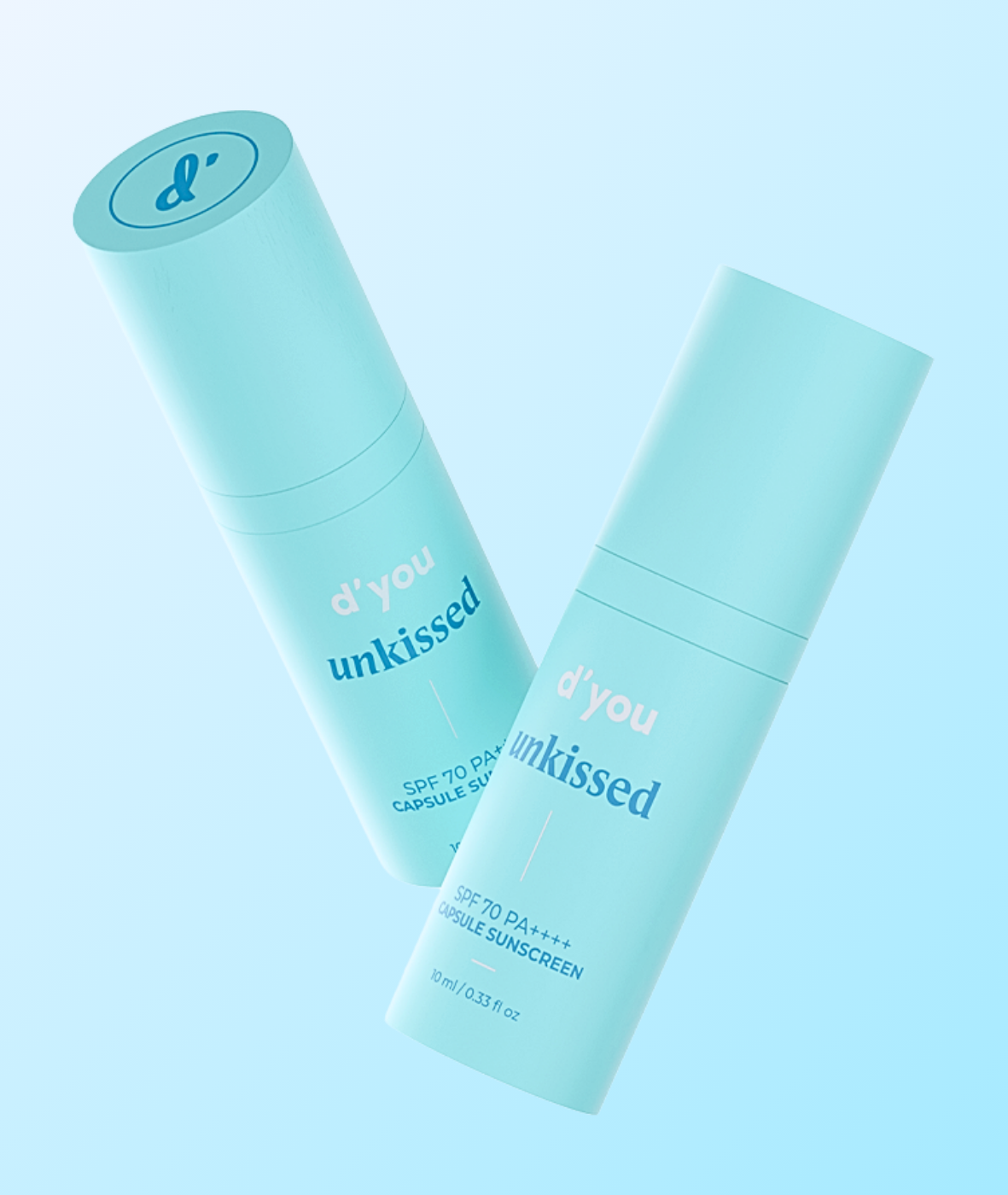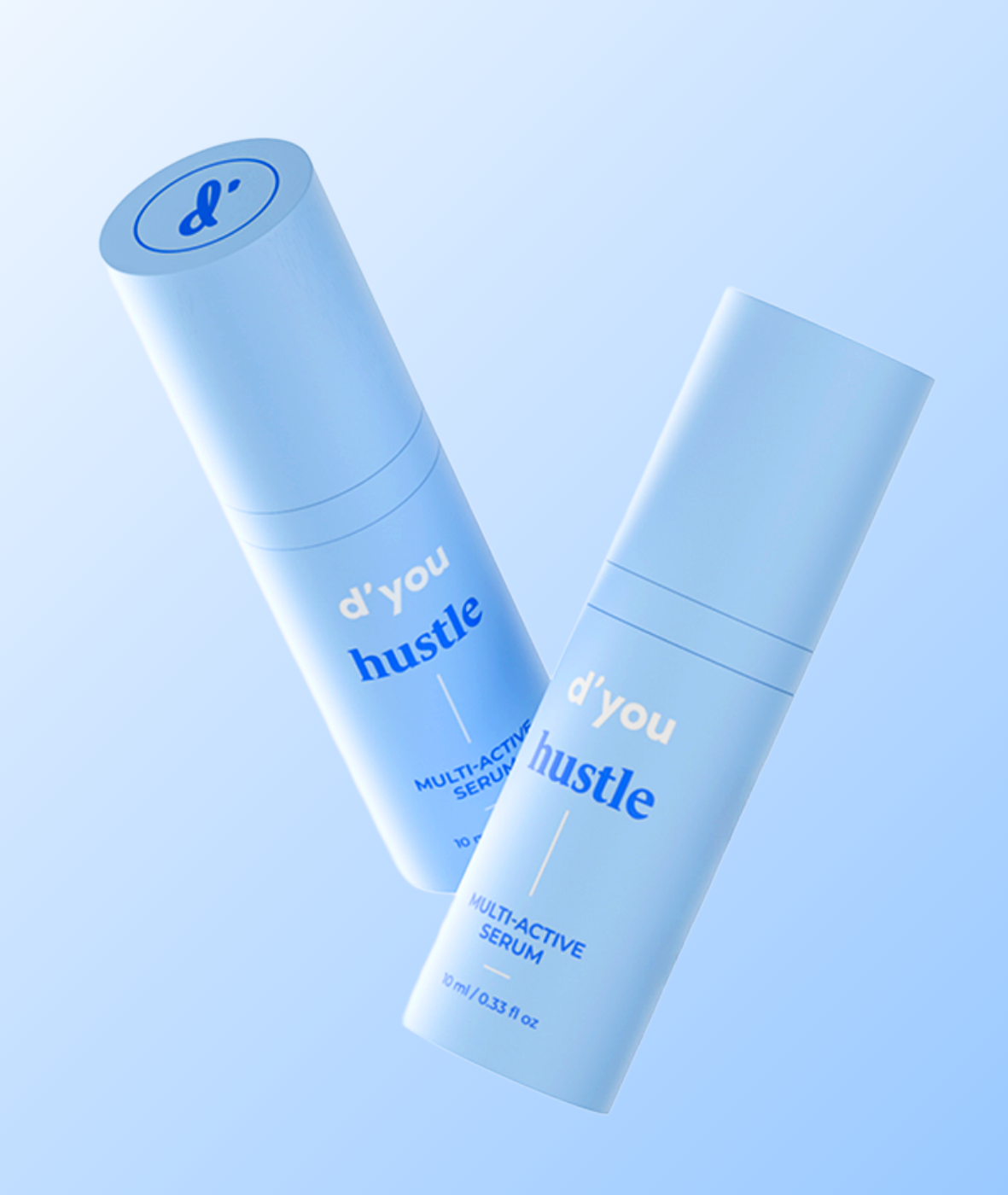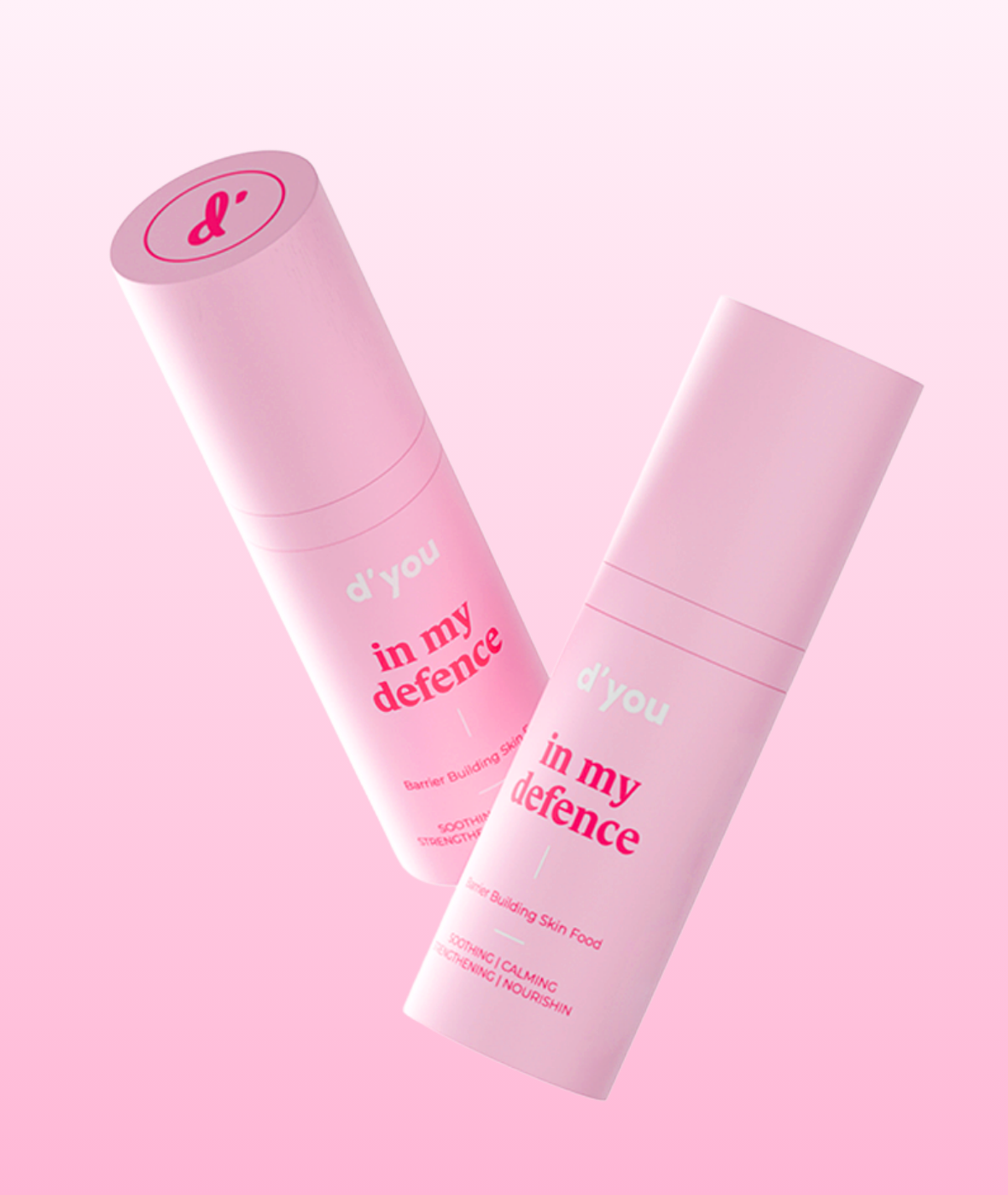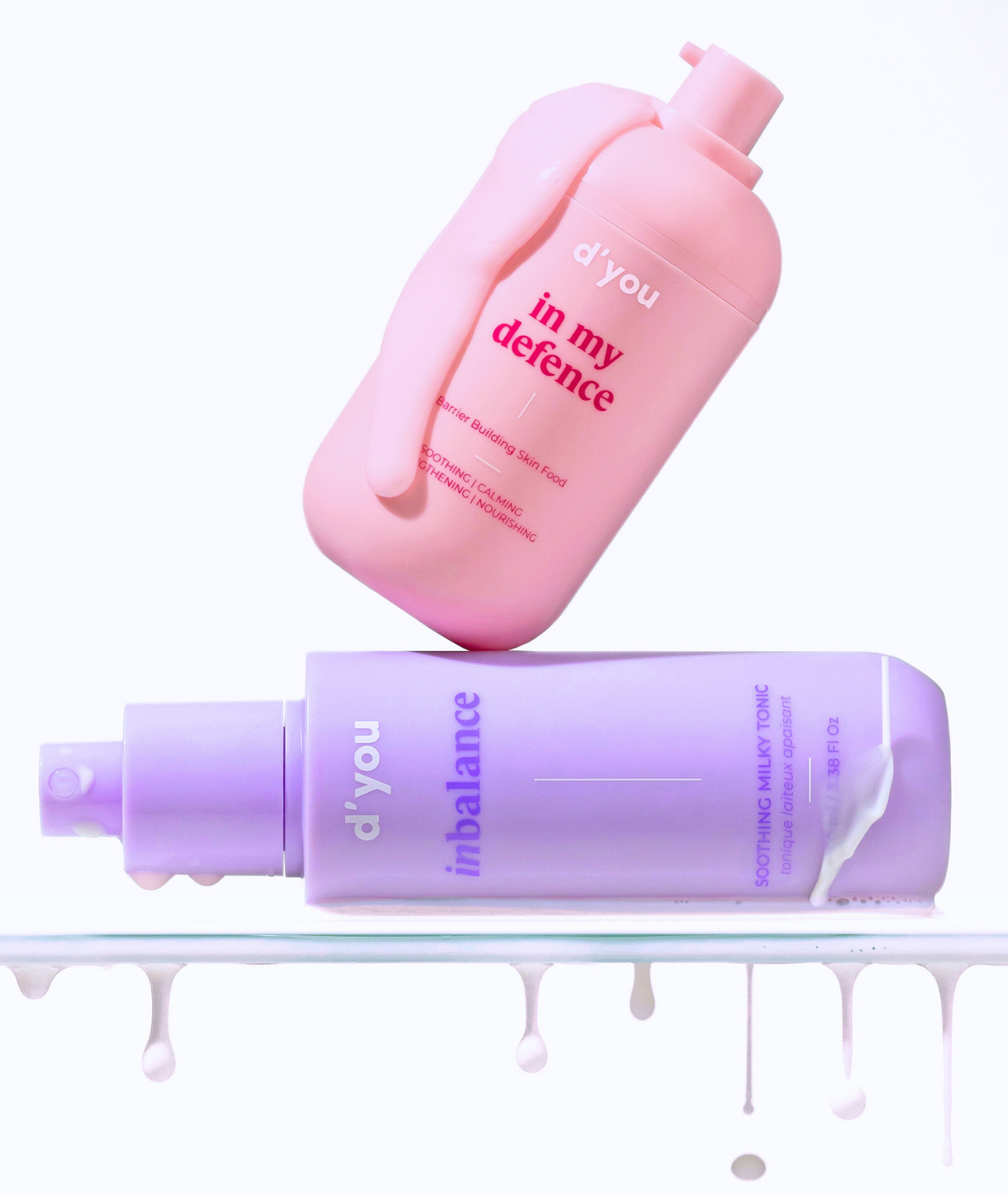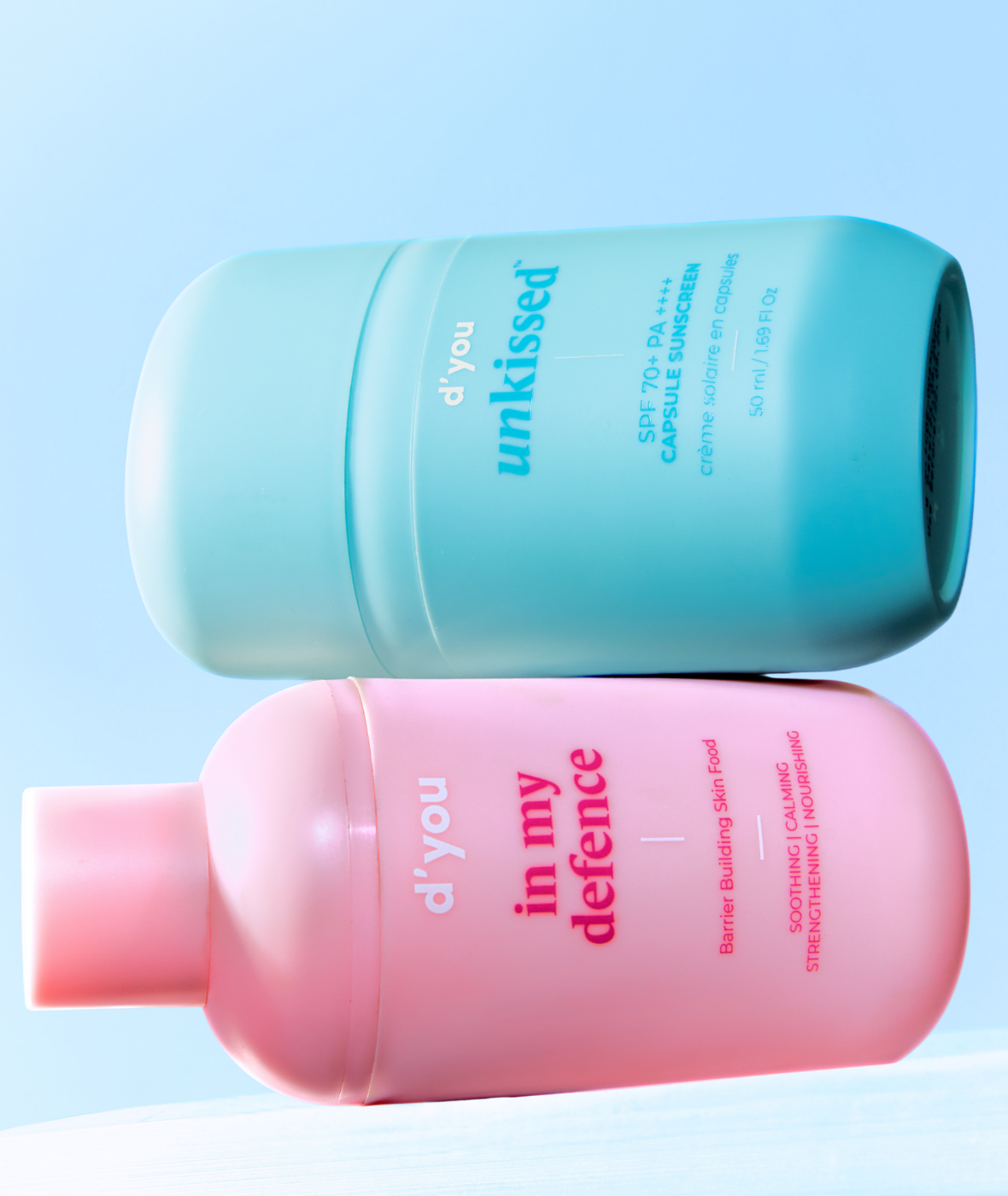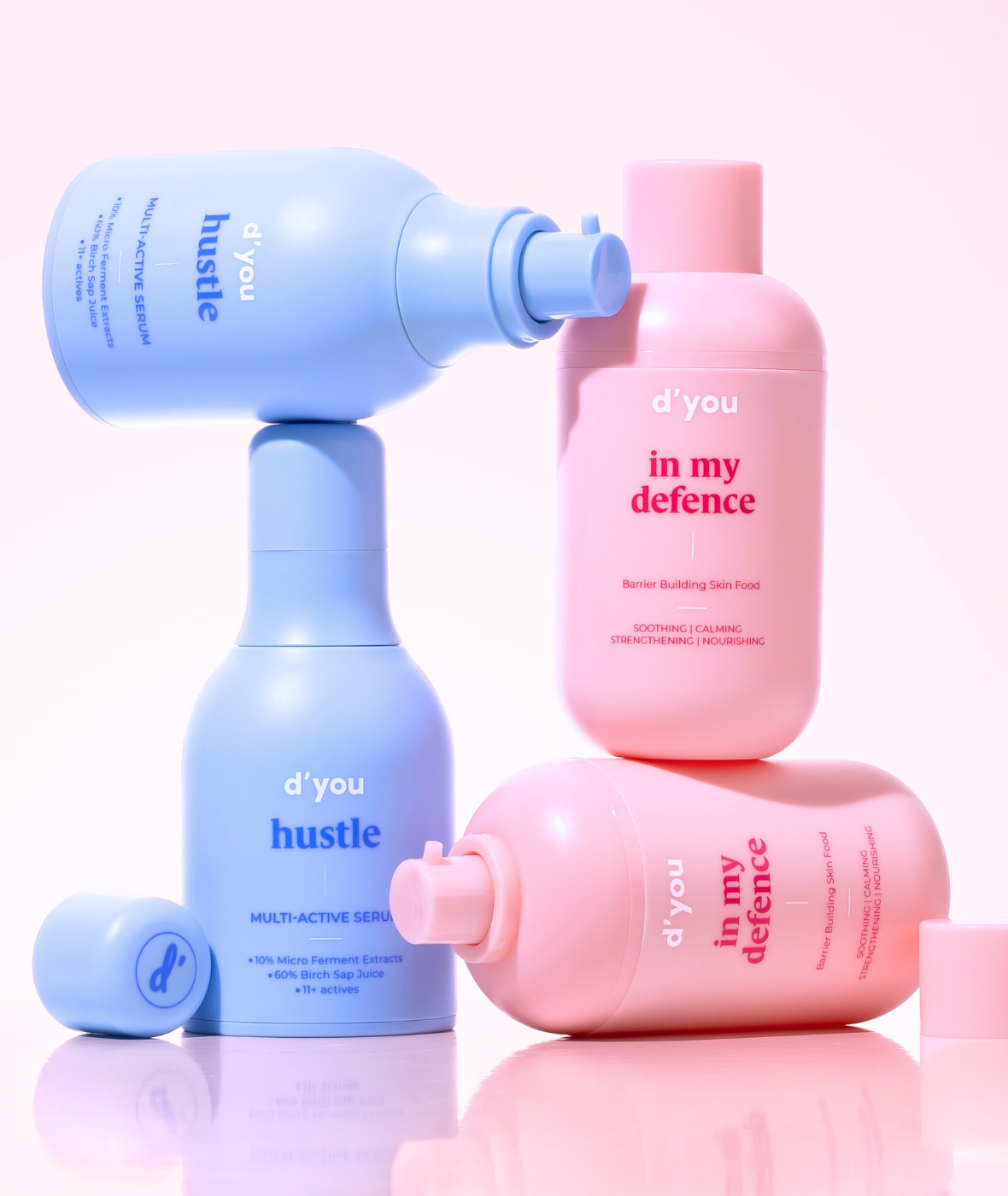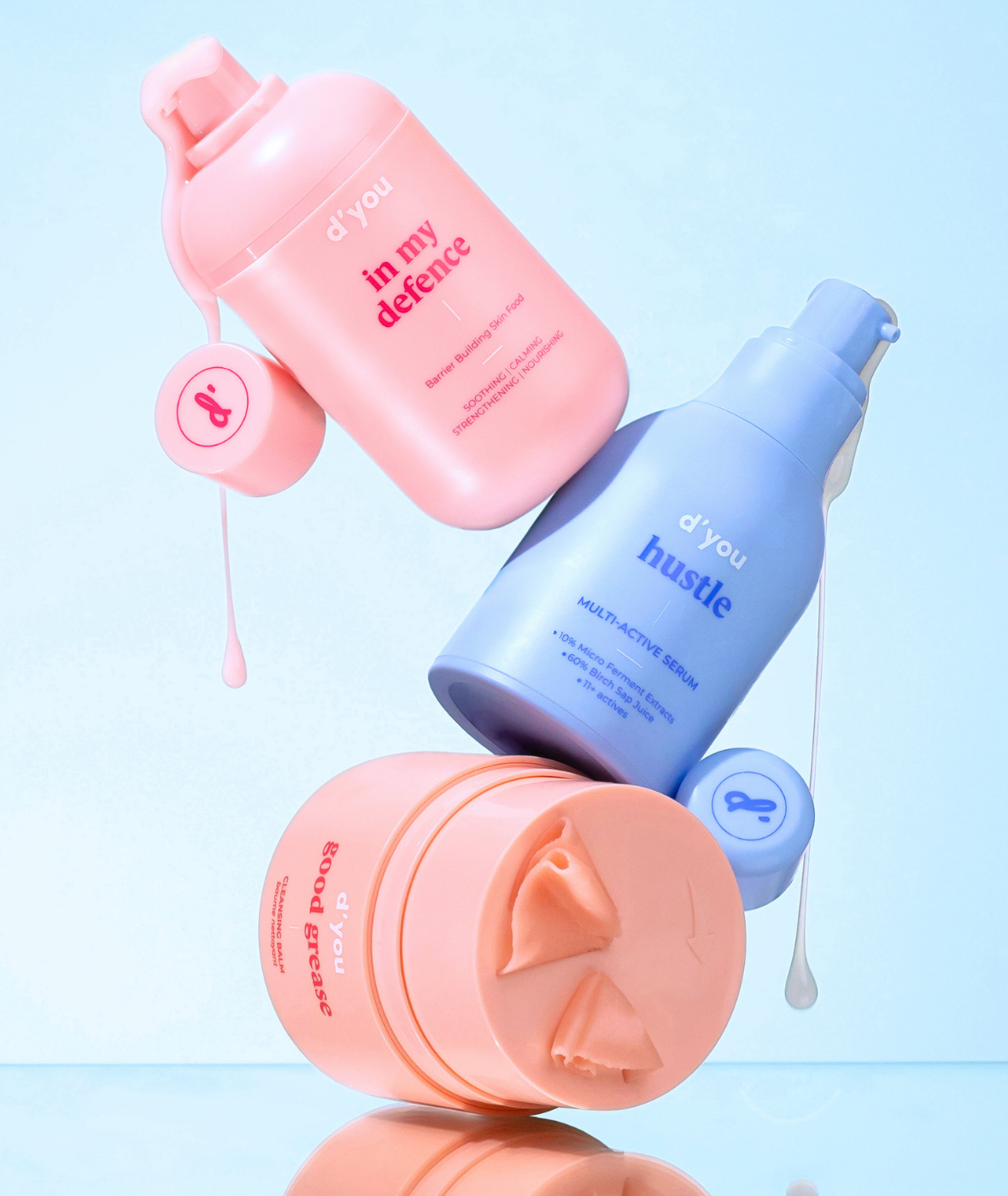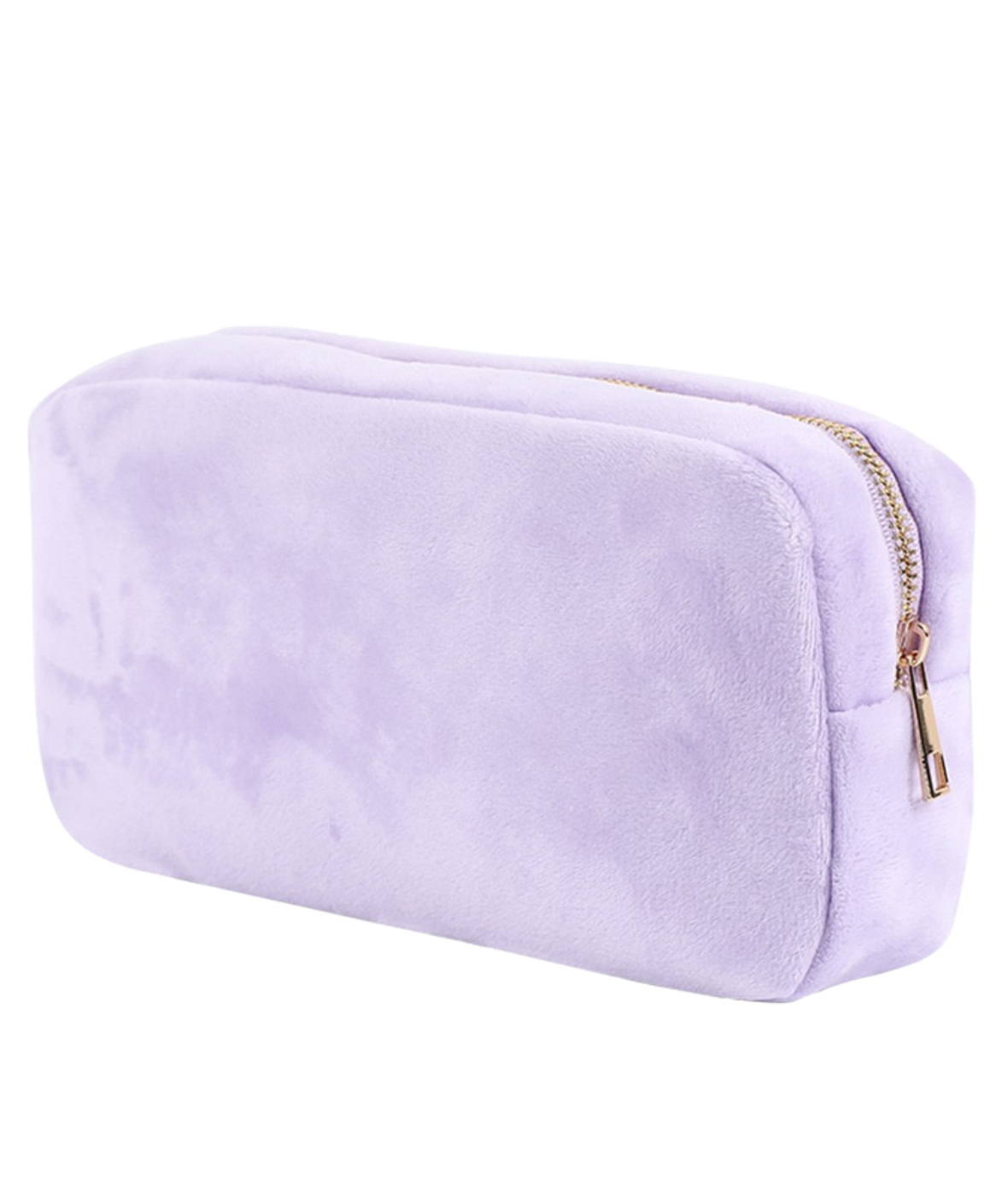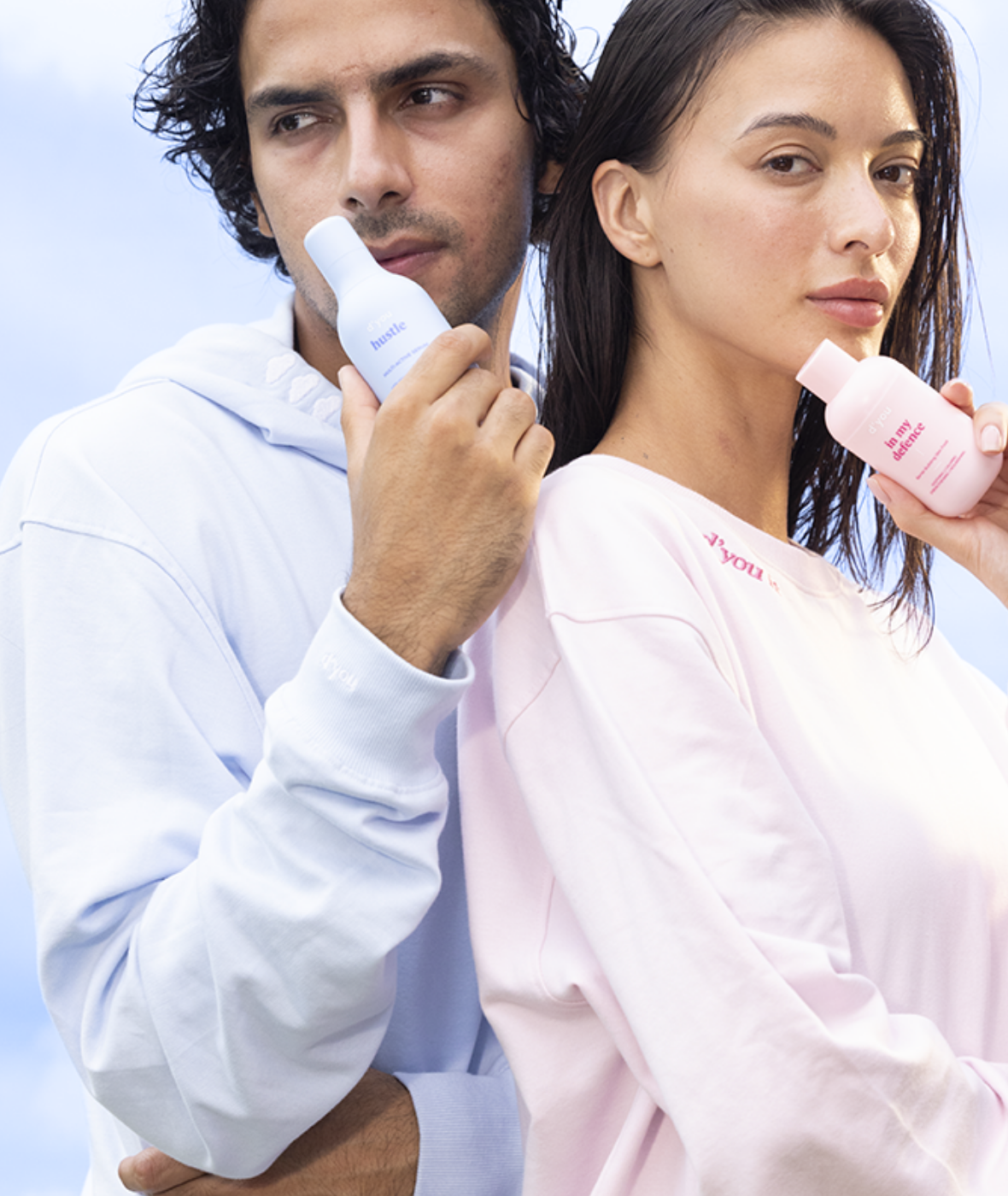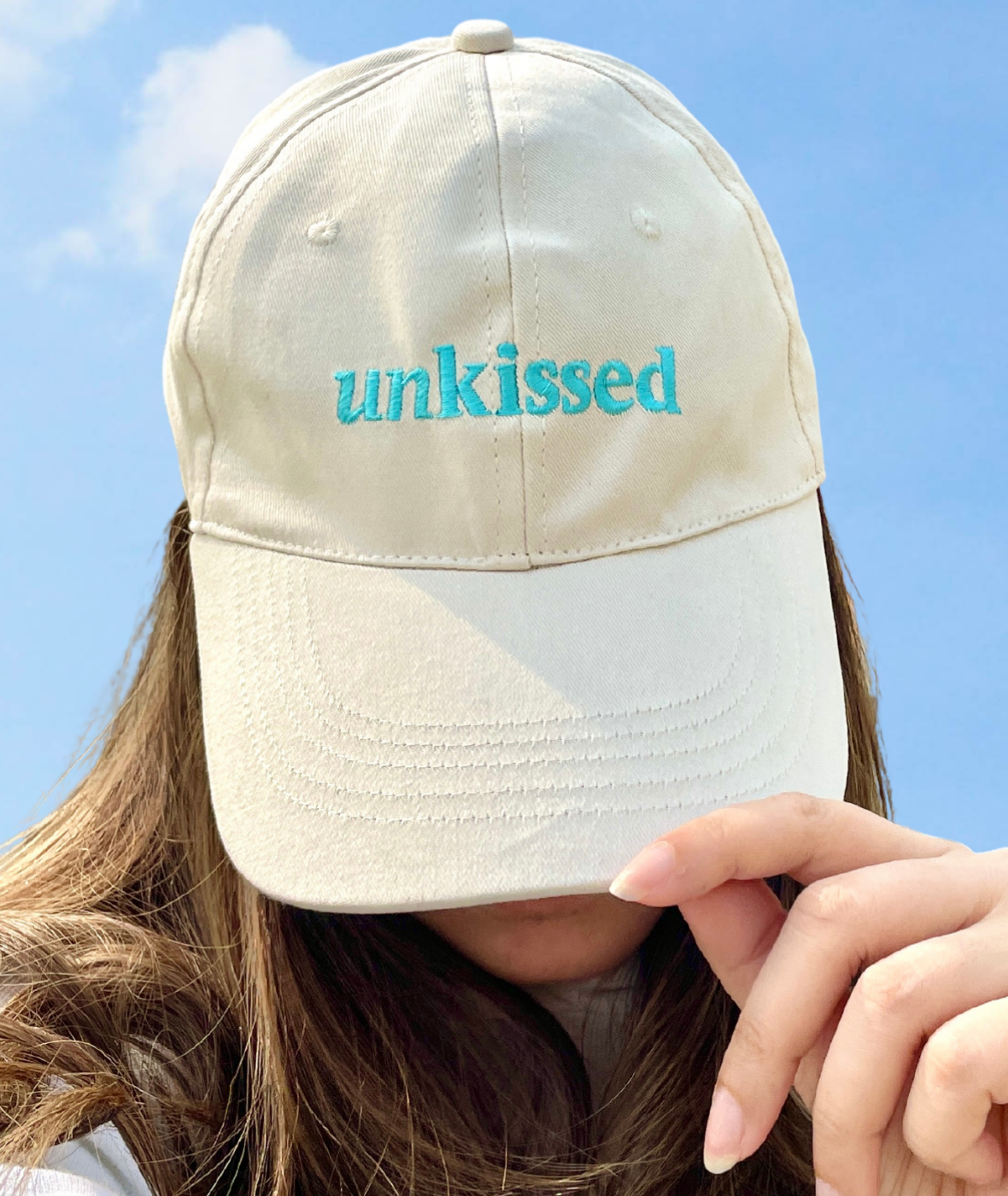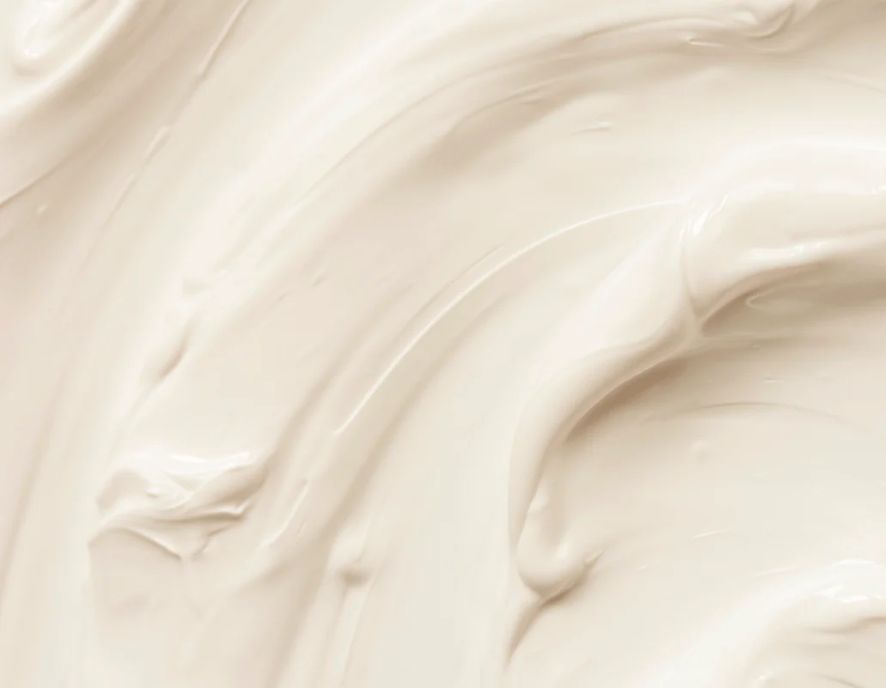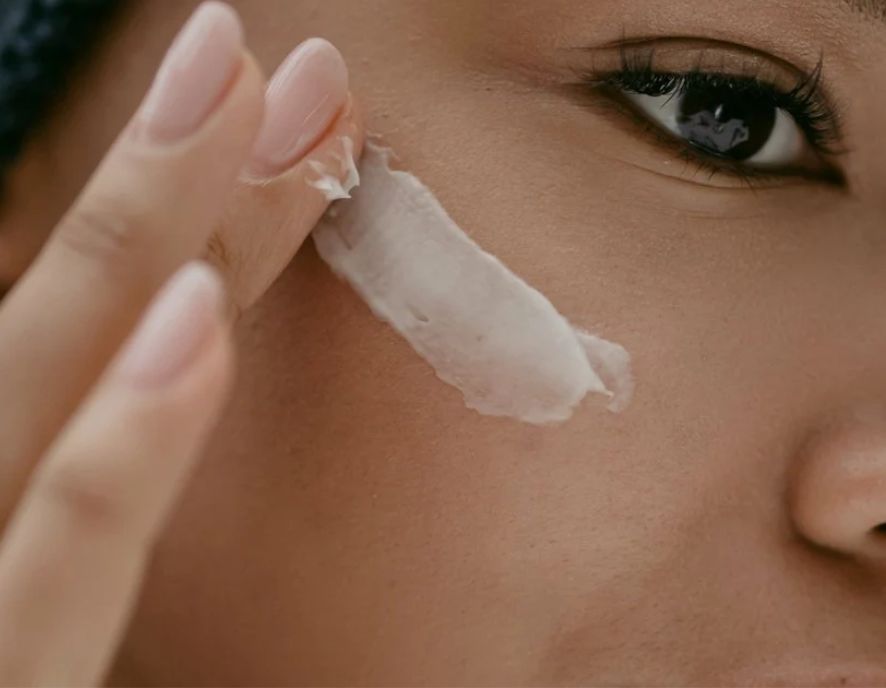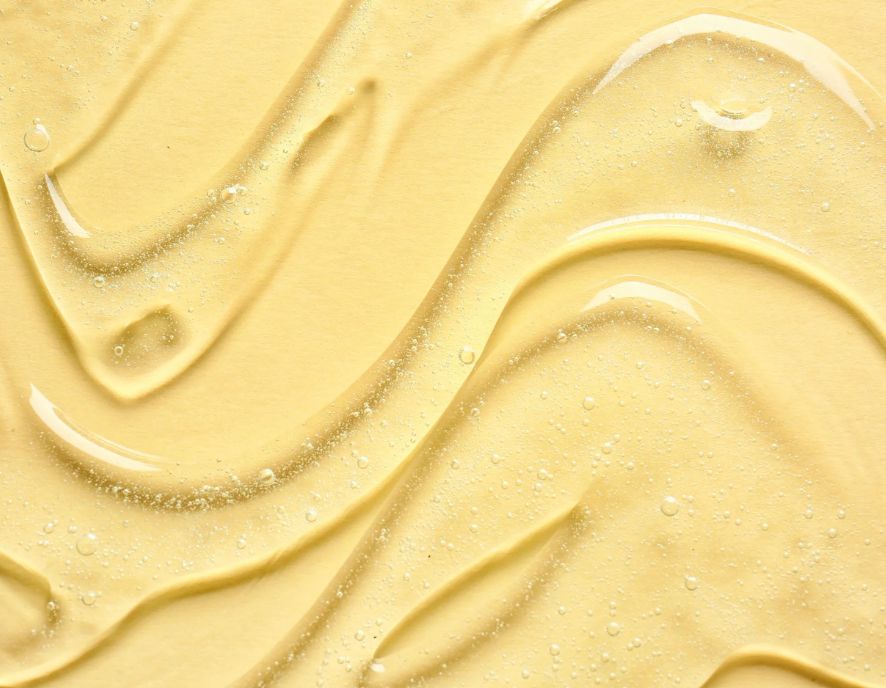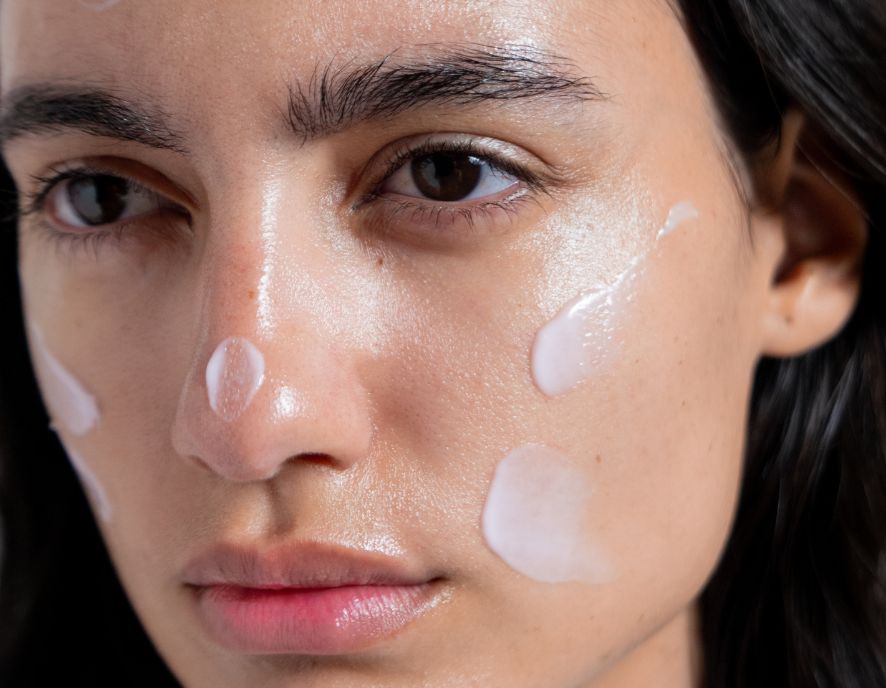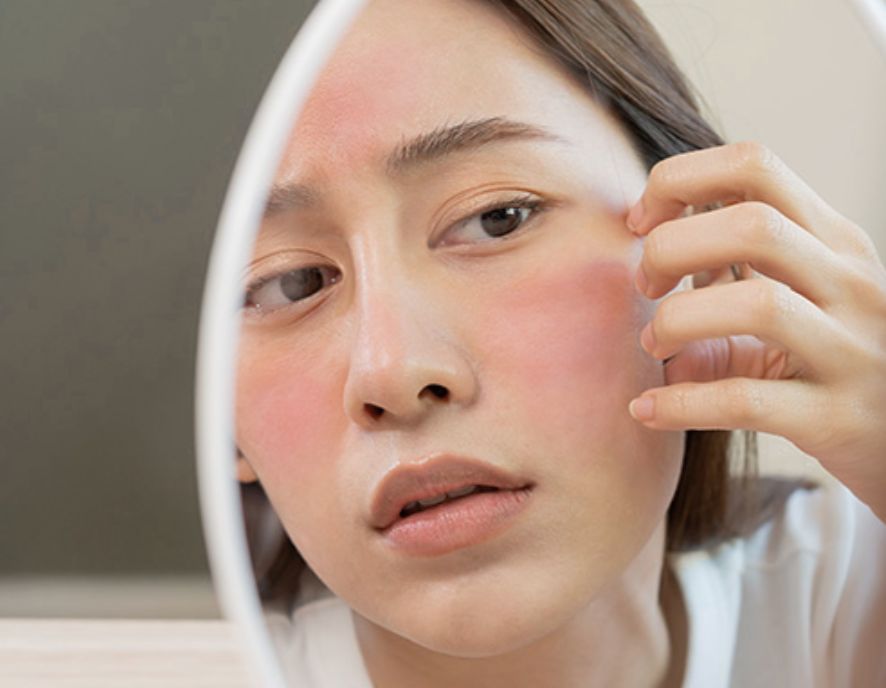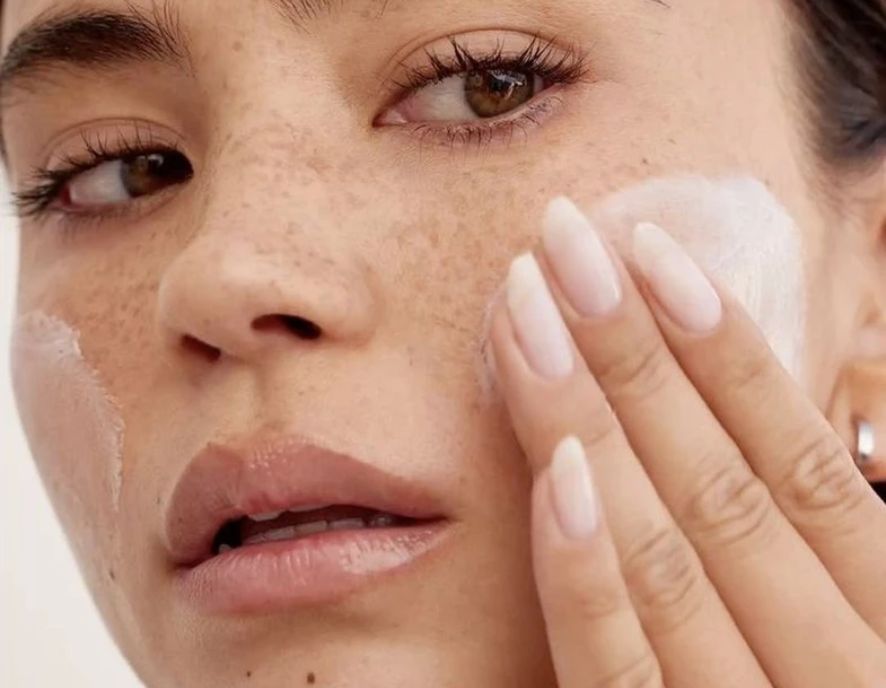
Nowadays, we see paraben-free labels on almost every other product in the beauty aisle. But have you ever stopped and wondered what parabens are and why our products are better off without them? We think not. Yet, we have been made to fear parabens like the plague.
So, here we are to give you the complete deets on parabens (the good, bad, and the ugly). Grab a coffee and get comfy. We are going to geek out a little.
What are parabens?
Parabens are a group of chemicals that were first introduced in 1923. They have been widely used as preservatives in food, injectables, and personal care products for nearly ten decades (imagine the experience we have with them!). They are derived from para-hydroxybenzoic acid (PHBA), which occurs naturally in living organisms and plants.
What's the controversy?
It has been suggested that parabens act like estrogen (a common hormone produced in our bodies), disrupting the endocrine system and contributing to breast cancer development and male infertility.
But hold your horses before you jump to conclusions…
Like we always say, 'the DOSE makes the poison'. In the case of parabens, even the most powerful paraben is 10,000 times less potent than natural estrogen. So, the dose of parabens present in our topical products is actually quite insignificant.
Also, the concerns regarding the estrogenic activity of parabens are supported only by in vitro (experiments in a petri dish. Our bodies don't function like petri dishes, right?) and animal studies. There have been no studies on humans that actually show the impact of parabens on human health.
To put this in context for you, substances present in our food have also been shown to possess a weak estrogenic effect. In fact, isoflavones in soy have been shown to have adverse effects on animal reproductivity. But have you stopped eating soy? We doubt it. That's because isoflavones do not produce such results in humans at dietary levels. Not only this, but hormone-like substances are also contained in clover, hops, brussels sprouts, beer, wine, walnuts, linseed, and many other plant foods. Imagine not being able to have wine!
Why are parabens feared so much then?
In 2004, an infamous study published in the Journal of Applied Toxicology garnered media attention. It re-opened the debate about a possible link between parabens and breast cancer. The study reported the presence of paraben residues in 18 out of 20 samples of human breast tumor tissue.
But the study had some serious limitations. In fact, the study's author also clarified that the source of the parabens could not be identified in the study and that the study never claimed that there was any causal relationship between the parabens in the tumor tissue and breast cancer.
Fear sells faster than facts
The alarmist tone of the study grabbed the attention of the media and fed the imagination of scaremongers. Under pressure from the press, the cosmetic industry responded by marketing lines of paraben-free products even though no human study to date has shown any convincing evidence indicating a causal relationship between parabens and breast cancer.
Where are the regulators at?
The subject of the safety of parabens has been re-evaluated several times by regulatory authorities around the world. As per the EU Council Directive of 2000 and the European Union Scientific Committee on Consumer Safety, parabens are safe at the specified concentration for topical use.
Take-away…
Despite the absence of conclusive evidence from human studies, stigmatic labels like "hormone-like substances" and "endocrine disruptors" have made us fear parabens. Even though we have been quite tolerant towards substances that are proven endocrine disruptors, such as contraceptive pills. So, before you toss out any personal products because they contain parabens, think about all the other food and pharmaceutical substances we continue to consume despite their estrogenic effects.
That's it from us for now!
Got questions? Ask away in the comments below!


